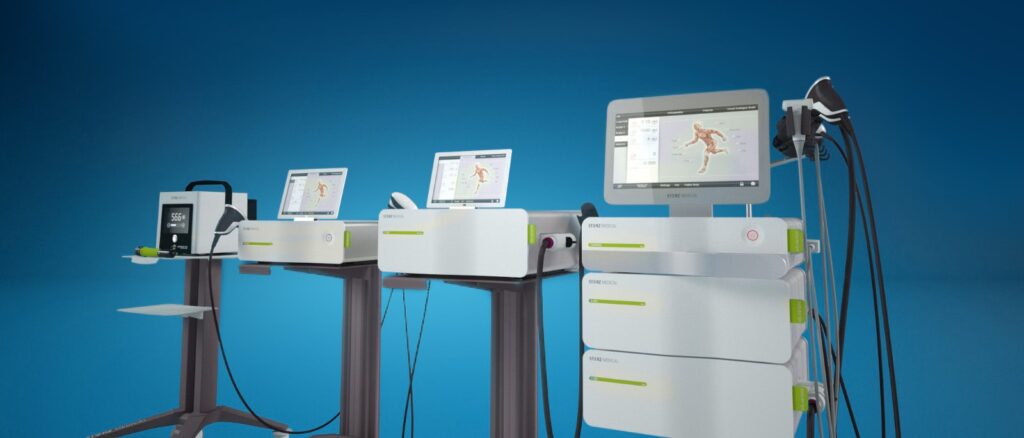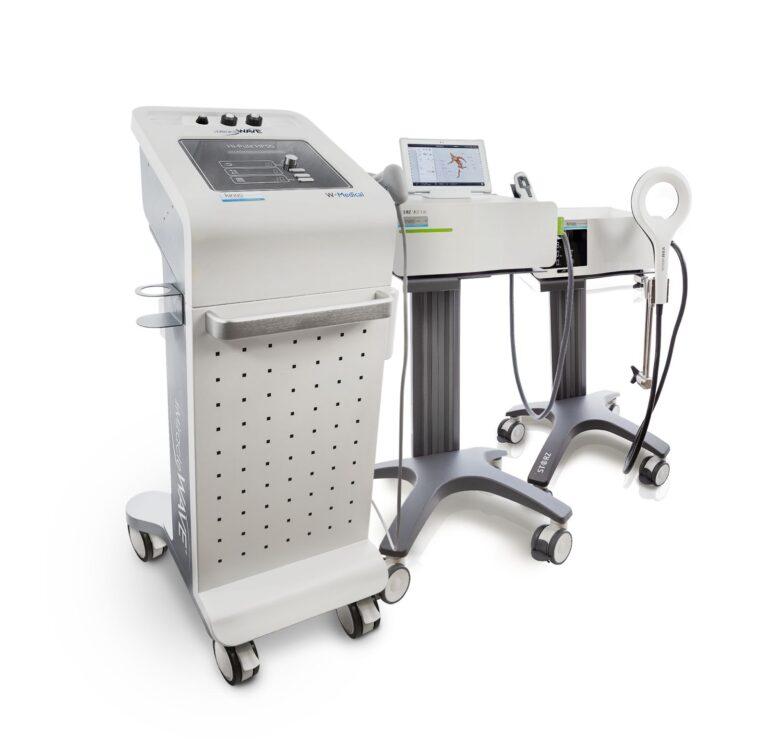- What is shockwave therapy?
Shockwave therapy is a non-invasive medical treatment that uses high-energy sound waves to help the body to heal and reduce pain. It is also known as Extracorporeal Shockwave Therapy (ESWT).
The term “extracorporeal” means that the shockwaves are created outside the body and transmitted through the skin to the affected area. Two types of shockwaves, radial and focused, have different biological abilities and can be used in combination for better therapeutic results.

2. How does shockwave therapy work?
Shockwave therapy delivers intense pressure pulses to the injured or painful tissue. These pressure pulses stimulate the body’s natural healing process. The shockwaves increase blood flow to the area, which brings more nutrients and oxygen to the tissue and helps to produce collagen, a protein essential for tissue repair. Also, shockwaves can break down scar tissue, reduce pain sensitivity, disrupt calcifications, and enhance wound healing.
3. What conditions can be treated with shockwave therapy?
Shockwave therapy primarily treats problems related to muscles, tendons, and bones. It has been found effective for conditions such as plantar fasciitis (heel pain), Achilles tendonitis, tennis elbow, golfer’s elbow, rotator cuff tendonitis, hip bursitis, patellar tendonitis, and shin splints. Good results have also been seen on non-healing ulcers, and is FDA-approved for that indication.
It may also aid in the healing of fractures and promote bone regeneration.
4. What are the benefits of shockwave therapy?
Shockwave therapy offers several advantages. It is a non-invasive treatment option, meaning it doesn’t require surgery or medication. It supports the body’s natural healing mechanisms and can effectively relieve pain. Shockwave therapy has a high success rate, with many patients experiencing significant improvement in their symptoms. Moreover, the treatment is quick and convenient, usually done without anesthesia or downtime.
5. Who is a good candidate for shockwave therapy?
Shockwave therapy can be suitable for individuals diagnosed with musculoskeletal conditions who have not responded to conservative treatments like physical therapy, medications, or rest.
However, not everyone is a suitable candidate. Pregnant women, individuals with certain medical conditions (such as infections or blood clotting disorders), or those taking blood-thinning medications may not be ideal candidates. A thorough evaluation by a healthcare professional is necessary to determine if shockwave therapy is appropriate.
For more information, contact our team at info@kinasmedical.com

